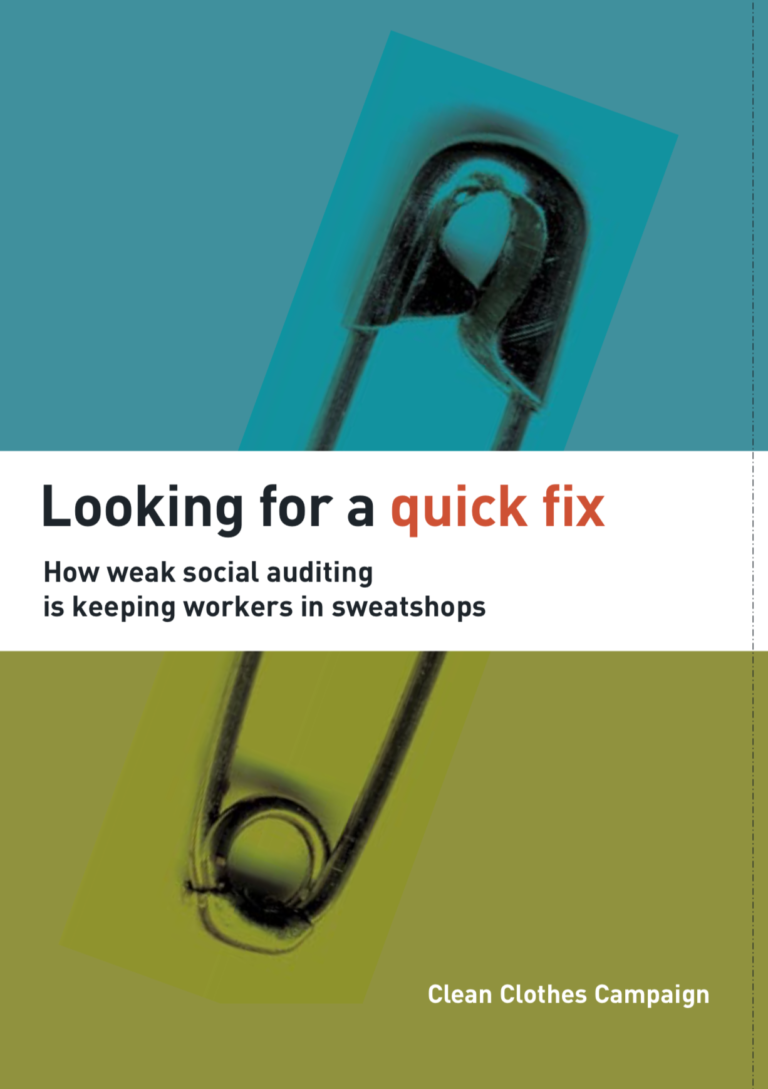Non-lea Overview of Live Modern Slavery Investigations (MSID) in UK Policing
PublicationsThis update provides a monthly overview of live police investigations being undertaken by police/ ROCUs across the UK, including PSNI and Police Scotland. This only includes those investigations that the Modern Slavery Insight Team have been made aw...Read More

